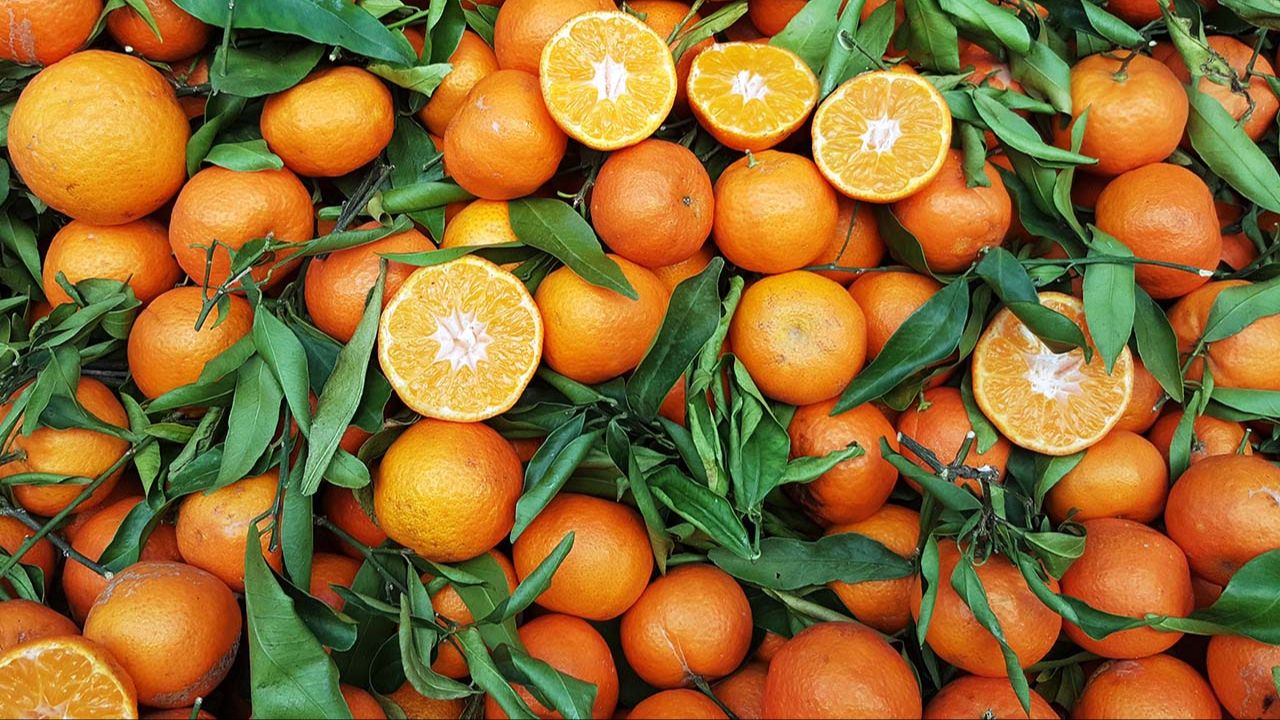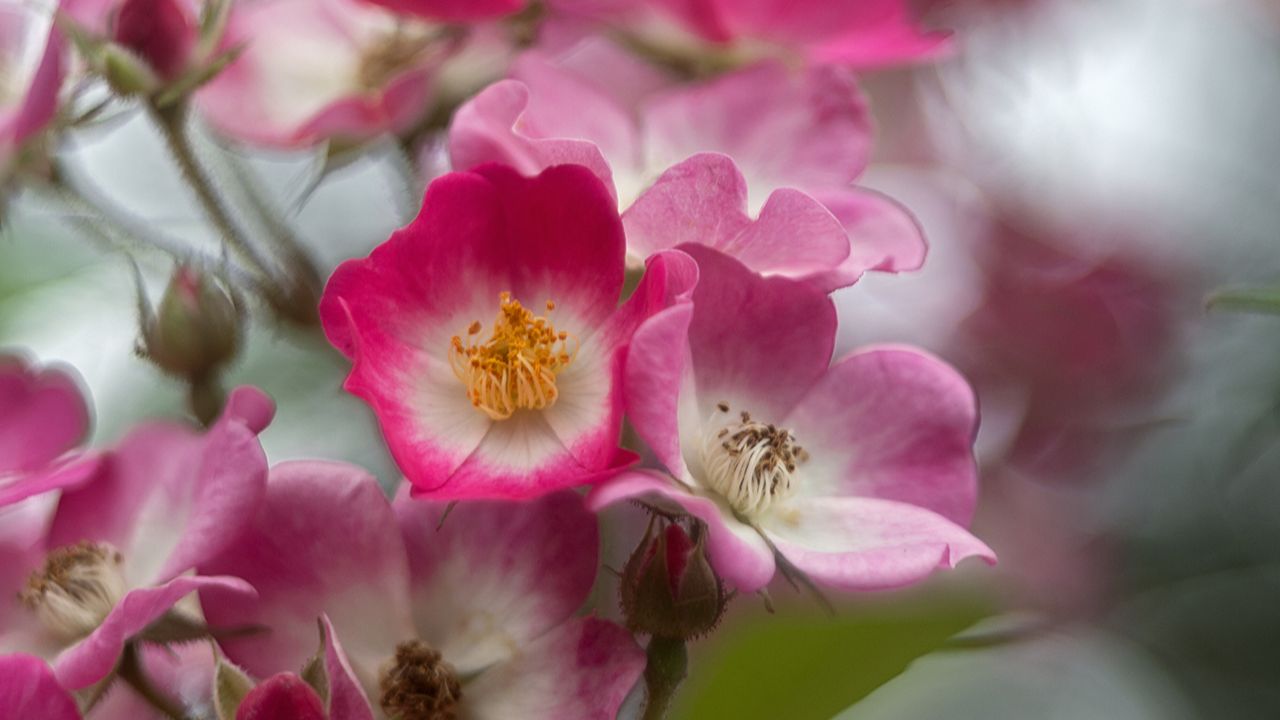
Elderflower Popsicles for Children's Seasonal Allergies
As parents and caregivers to little ones, learning to work with herbs and our children can be overwhelming. As a new parent I was so afraid of fevers, possible food allergies, any and all sniffles until I really began to trust myself and my connection to my little ones and the plants. Even as a seasoned herbalist, it took time for me to learn how to safely dose my children and to trust the responsiveness of their bodies to the gentlest herbal prompts.
So often, that is all our little ones’ bodies need: a gentle prompt to do what they do naturally.
With spring upon us, we have been working with healing herbs to gently prepare my kids’ bodies for this season of allergies. If your children are anything like mine, seasonal allergies are a real thing for us.
For years, my kids were miserable in early spring when the Acacias and grasses started to bloom. I learned I had to get a little bit ahead of spring to ensure that my kids’ allergies were mild, if not completely absent. Now, we tend to start working with a few of our favorite gentle herbs 1–2 months before and during allergy season.

Getting Your Kids Excited About Herbs
My kids have gotten used to the broad flavors of herbs, but I still do my best to find creative and delicious ways to keep them healthy. I do everything from including herbs in broth, sauces and soups, to hot chocolate, herbal cakes and cookies, to frozen treats. I hope to impart to them that wellness and the act of taking good care of ourselves and each other is an everyday thing that can be delicious, easy, and a good way to spend time together. Cooking with herbs is a great way to expand our relationships to the plants, dive into seasonal cooking and herbal preparations, and to work acutely to address whatever may be happening with our families.
I am excited to share with you one of our family recipes that is perfect for warmer weather and full of herbs that can support your kids during spring allergy season: Creamy Elderflower Popsicles with Lemon and Fresh Mint.
But before we dive into the recipe, let’s talk a little bit about dosage for children and the delicious, gentle herbs in these popsicles…

Herbal Dosage for Kids
When we’re working with herbs, we want to ensure that we’re not doing more harm than good. If you have any concerns that your kids may have an allergic reaction to a new herb, you can always do a skin patch test before offering your child specific herbs. This is done by making a tea of the herb, or by using a few drops of the tincture, and painting it onto a small patch of skin on your child’s arm. Wait at least 24 hours to see if your child develops any symptoms such as a rash, itchiness or swelling in the throat. Clearly, if your child develops any reactions, discontinue the use of that plant. If all is well, you can begin offering your child those herbs in small, low dose amounts.
Now that you have done your herb safety check, learning how to properly dose your children and building your confidence are the next steps. Not all herbs are appropriate for children so please check in with your local herbalist or practitioner. There are many dosing charts available online, but I am happy to share the tools I use to support my family and my community.
CLARK’s rule is my go to formula. This formula calculates your child’s dose based on their weight divided by the standard adult weight of 150 lbs. With this method, you can find the right dose for your child whether you are working with teas, tinctures, etc. by doing the following:
Divide the child’s weight (in pounds) by 150, then give the child that fraction of an adult dose. For example, for a 50 pound child give 50/150 (or 1/3) of the adult dose.
So, now you know what dose to offer your child… What’s next? Let’s talk about the gentle herbs in this delicious popsicle recipe.

Elderflower (Sambucus spp.)
Elderflower is one of a few herbs that my family works with. It is a powerful yet gentle anti-inflammatory that can be very supportive in lowering mucous production and sinus inflammation. Elderflower plays such a beautiful part in my family’s health during allergy season.

Lemon Peels (Citrus limon)
Lemon peels are high in vitamins and minerals as well as packed with antioxidants. The peel is especially high in vitamin C, a powerful antioxidant, which may help to reduce the body’s histamine reaction, potentially reducing the severity of allergies and boosting healthy immunity. Together, these constituents can gently support immune health and overall vitality.

Mint (Mentha spp.)
Mint leaves, just like elderflowers, are full of antioxidants, vitamins, and minerals, and they are another powerful, yet gentle anti-inflammatory herb for seasonal allergies that adds to the freshness and flavor of the recipe.

Local Honey
Some studies have found that working with local honey for 8 weeks demonstrated small improvements in allergy severity on the individuals in the studies. I love using honey in this recipe as a nourishing sweetener!

Creamy Elderflower Popsicles for Children’s Seasonal Allergies
What you’ll need…
- 4 teaspoons of dried elderflowers
- 2 lemons, we will use zest and juice
- 3 sprigs of fresh mint (optional)
- 1/4 cup of local honey
- 1 cup water
- 1 cup coconut milk (or non dairy milk of choice)
- 2 cups plain coconut yogurt (or plain, nondairy yogurt of choice)
- Popsicle molds
- Need herbs? Visit Mountain Rose Herbs.

- Boil water and steep elderflowers, lemon zest, and mint in the just-boiled water for 10–15 minutes. It is best to cover the container that the herbs are steeping in.
- Strain the herbs, and stir in the local honey and lemon juice and allow to cool.
 |
 |
|---|
- Gently mix the coconut yogurt, coconut milk, and infusion.
- Pour this mixture into your popsicle molds and freeze. Freezing takes approximately 4 hours.
 |
 |
|---|
Enjoy!










